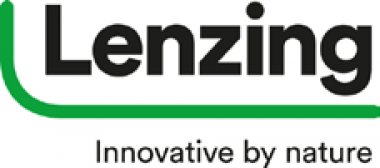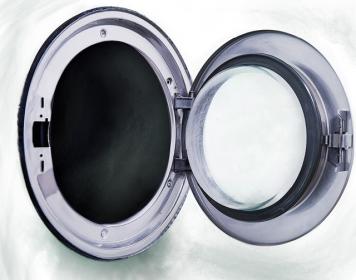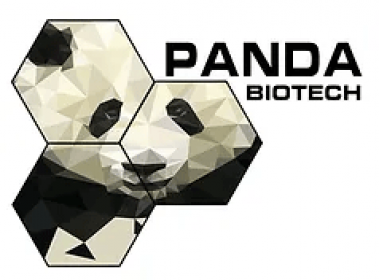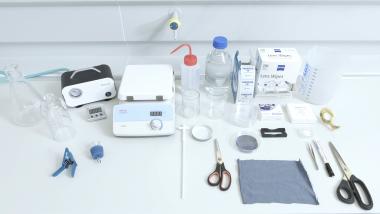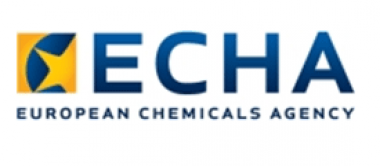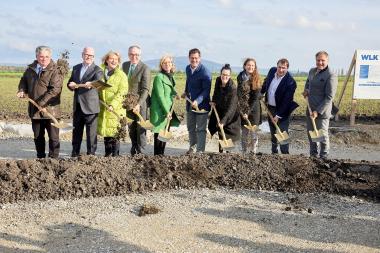Lenzing: Top sustainability ratings
The Lenzing Group has once again been recognized for its sustainability performance and its active contribution to transforming the industry towards a circular economy. The rating agency MSCI awarded Lenzing an “AA” rating for the third time in a row, placing Lenzing among the top eight percent of rated companies in its peer group. In addition, Lenzing participated for the first time in the SAC Higgs FEM verification to assess the environmental impact of product manufacturing at its sites and achieved positive results.
According to the rating agency MSCI, Lenzing continues to lead the way among global companies in terms of governance structures. In addition, MSCI highlights Lenzing’s leadership in implementing initiatives to mitigate the risk of environmental liabilities associated with the release of toxic pollutants and highlights its water stewardship program, which includes a water risk assessment. The confirmation of the “AA” rating from MSCI ESG enables Lenzing to further reduce its interest expense. In November 2019, Lenzing placed a bonded loan in the amount of around EUR 500 mn, which is linked to the company's sustainability performance. In line with its commitment under the bonded loan, the company will donate the entire interest expense it saves thanks to the “AA” rating to a social-ecological project.
By November 2023, all Lenzing sites, with the exception of the sites in Brazil and Thailand, which are however scheduled for 2024, have completed the first external verification of the module with excellent results. With almost 20,000 participating companies from different sectors of industry, which achieved less than 50 percent in total average in 2023, Lenzing sites achieved verified scores of more than 70 percent to 95 percent.
Lenzing AG


